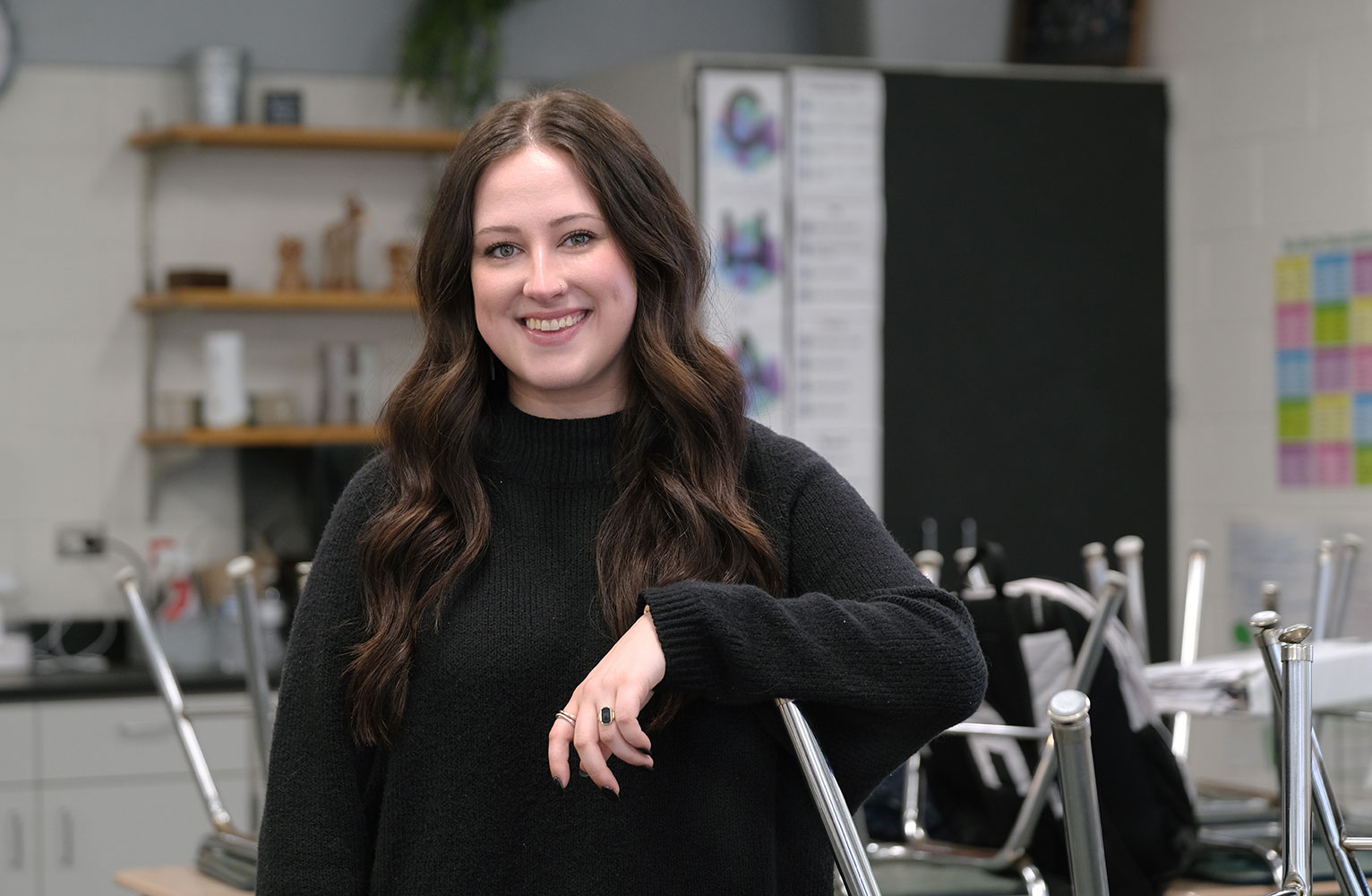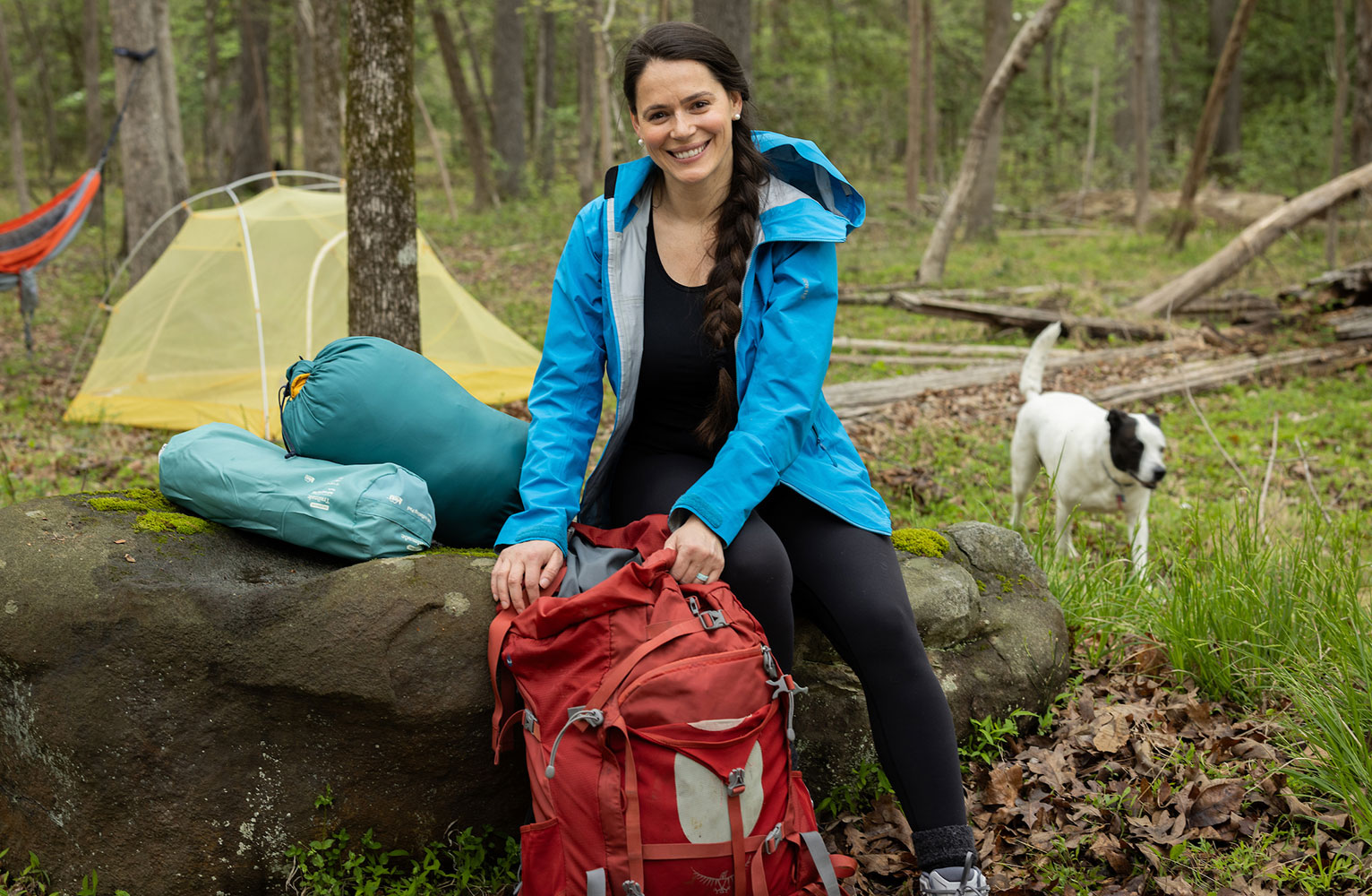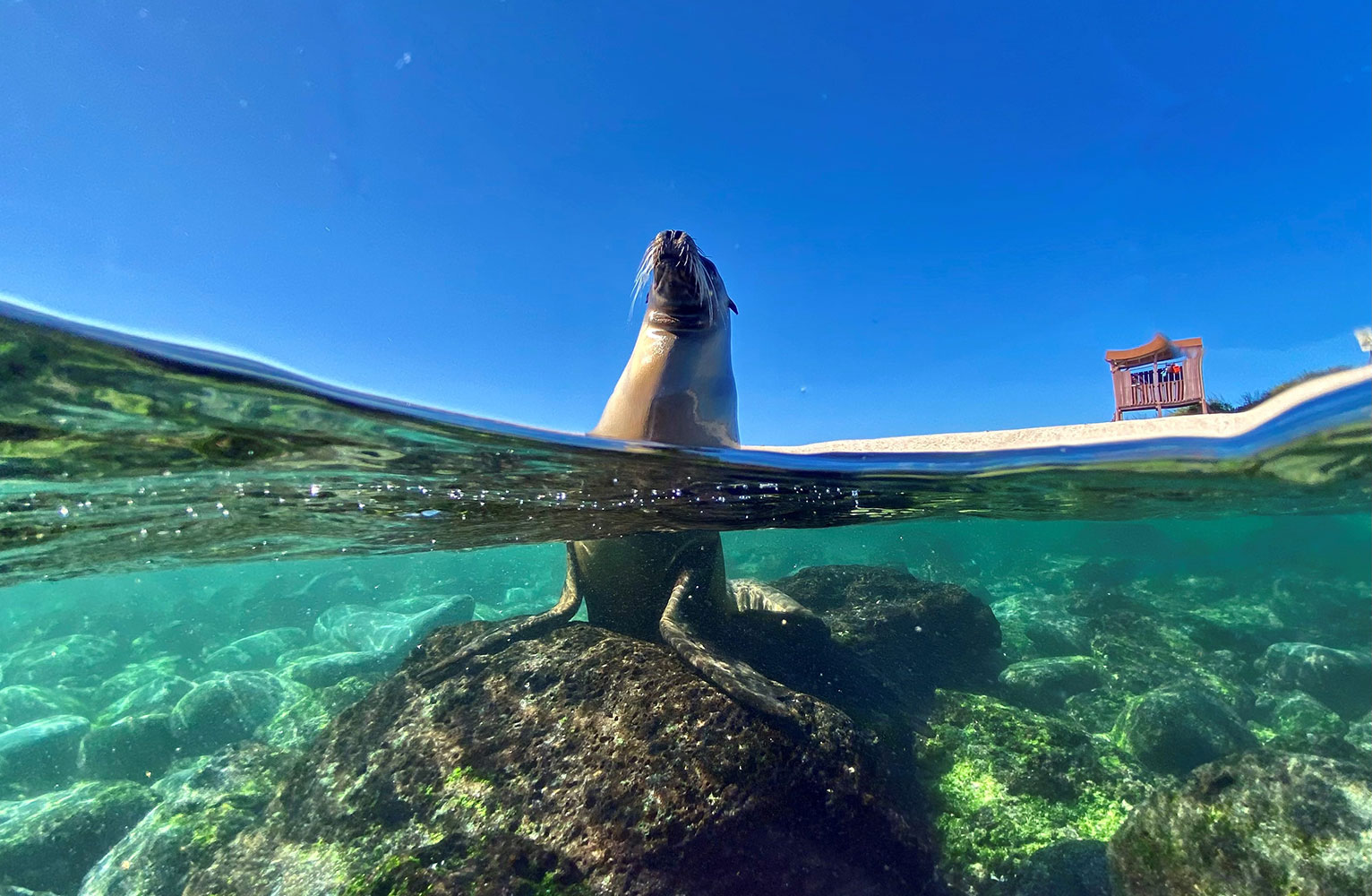
Sea lions live meters from the Galapagos Science Center, showcasing why harmony among humans and the environment is crucial to the islands’ preservation. (Photo by Juan Pablo Muñoz-Pérez)
William R. Kenan, Jr. Charitable Trust awards UNC Center for Galapagos Studies $1.5 million to launch fellowship program and propel research in the Galapagos
Esteban Agudo’s foray into research started with a fish census. He began scuba diving while attending Simon Bolivar University in Caracas, Venezuela, where he was studying to be an entomologist. A marine biology professor learned about Agudo’s diving skills and recruited him to help count fish for a coral reef research project.
“After that, I was pretty much hooked on marine biology,” shared Agudo, who is now a PhD candidate set to graduate with a doctorate in marine ecology from UNC-Chapel Hill in 2024. The University’s distinctive research opportunities in the Galapagos Islands strongly influenced his decision to pursue doctoral studies at Carolina.
“Conducting science in the Galapagos is, of course, the dream for any biologist,” said Agudo, who spent six months in the Galapagos working on his PhD dissertation. His research — which he succinctly described as “ocean warming makes marine animals hungrier” — was conducted on San Cristobal Island at the Galapagos Science Center (GSC), a research facility co-founded and co-operated by UNC-Chapel Hill and Universidad San Francisco de Quito in Ecuador. The center is the only university-affiliated research institution of its kind in the Galapagos archipelago.
Agudo described the experience as an opportunity “to work in one of the most amazing natural laboratories in the world.”
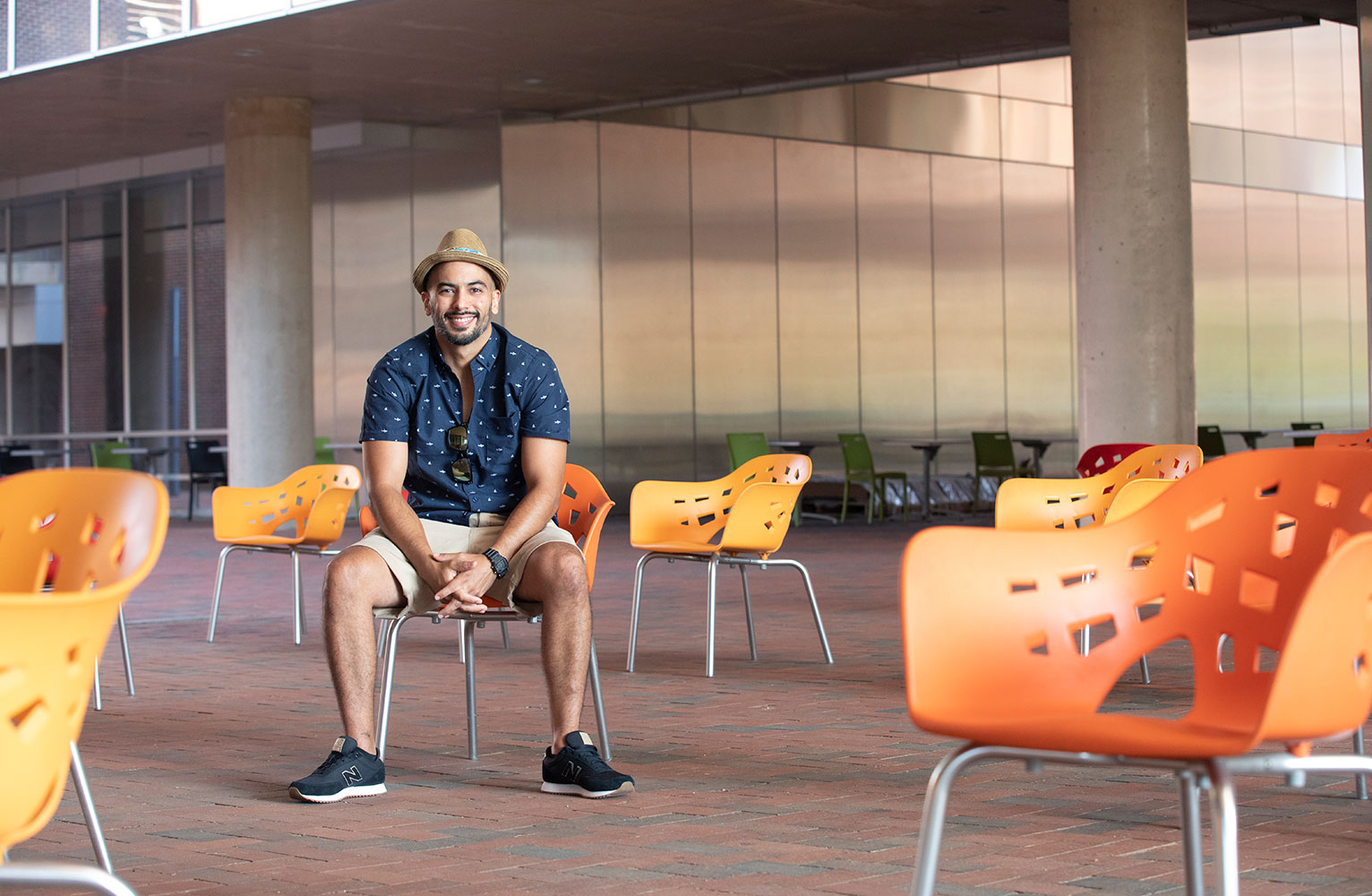
PhD candidate Esteban Agudo spent six months in the Galapagos conducting research for his dissertation. (Photo by Alyssa LaFaro, UNC Research)
Now, more students like Agudo will have the opportunity to study and conduct research in the Galapagos, a place that serves as a model for understanding similarly challenged environments around the world. The William R. Kenan, Jr. Charitable Trust awarded $1.5 million to the UNC Center for Galapagos Studies to create the Kenan Galapagos Fellows Program, which will support three graduate students per year for three years and one post-doctoral fellow per year for two years. The first graduate fellowships will begin in fall 2024.
“This funding provides amazing opportunities for current and incoming graduate students and post-docs to conduct cutting-edge research, apply what they are learning in the classroom and lab to real-world problems, and impact communities locally, in the state and globally,” said Amanda Thompson, director of UNC Center for Galapagos Studies and co-director of GSC. “With the years of expertise and the support provided by the faculty and staff of the Center for Galapagos Studies and Galapagos Science Center, Kenan Galapagos Fellows will have the resources they need to tackle the grand scientific and social challenges of our time.”
The grant also supports expanding the Galapagos Science Center’s footprint to enhance research capacity in areas such as clean oceans, biodiversity, ecosystem and human health. This means more funding for Galapagos research expeditions, research equipment and infrastructure, and staff assistance to collect and disseminate critical climate data to researchers around the globe.
“For over a decade, the Galapagos Science Center has been a hub for exceptional scientists, conducting research that deepens our understanding of fragile ecosystems and communities and solutions needed to ensure their sustainability,” said Penny Gordon-Larsen, vice chancellor for research and the William R. Kenan, Jr. Distinguished Professor in nutrition at UNC-Chapel Hill. “This work in the Galapagos is directly translatable to the fragile ecosystems on the North Carolina coast and its barrier islands, and the support from the Kenan Charitable Trust will enable us to generate even more innovative solutions and amplify the positive impact for people and places, here and across the globe.”
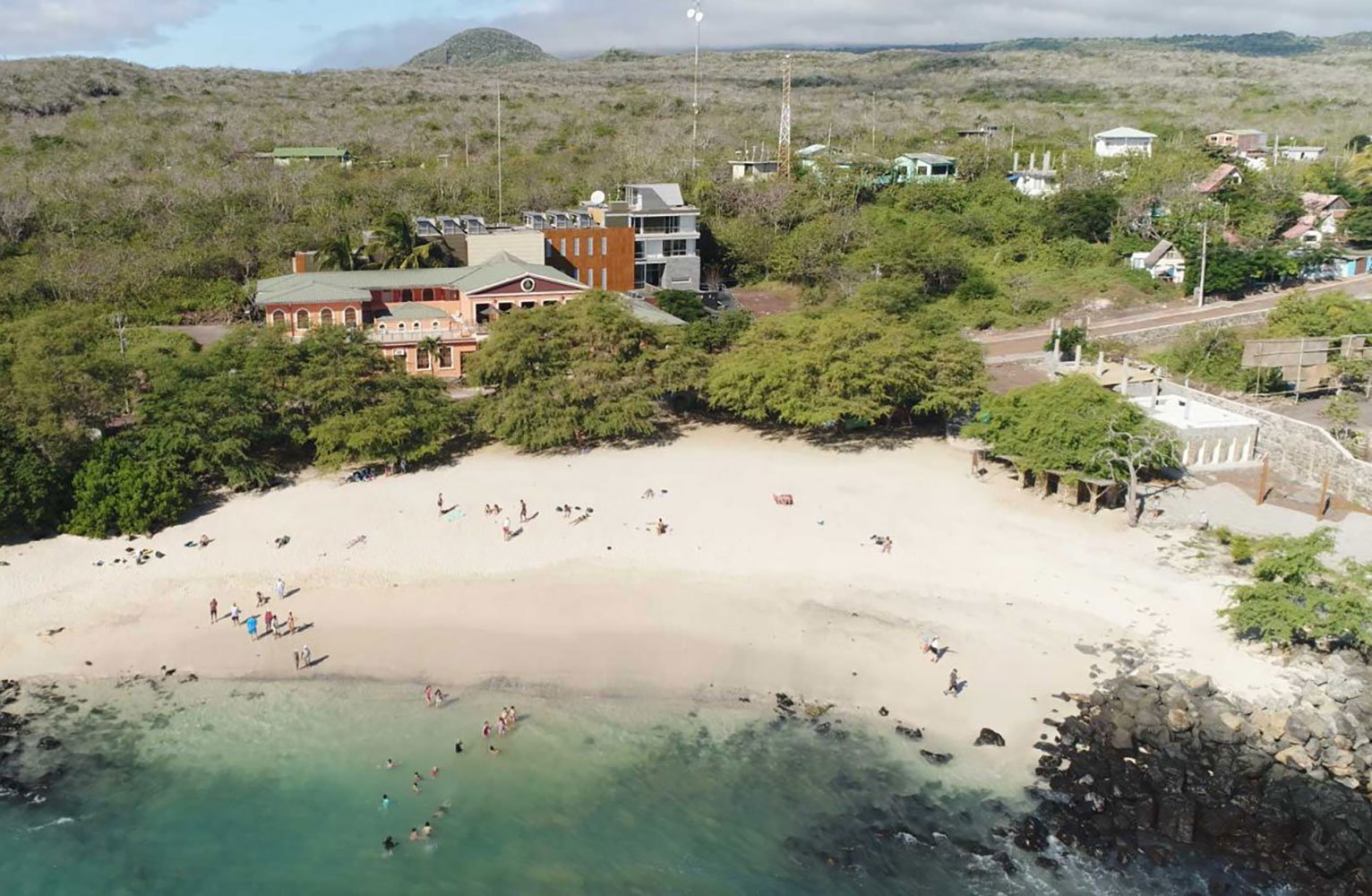
The Galapagos Science Center is the only university-affiliated research institution of its kind in the Galapagos archipelago. (Photo courtesy of GSC)
Since the Galapagos Science Center was founded in 2011, faculty and students have conducted over 140 research projects and have been cited in over 300 research publications. More than 600 students have engaged with the region through study abroad, research and education programs, developing 150-plus undergraduate, master’s and doctoral theses from their studies. More than 8,000 Galapagos community members have participated in outreach programs.
“The grant from Kenan Charitable Trust will support the center’s equipment and infrastructure, which will allow us to host more researchers, develop better research and improve local livelihoods and ecosystem conservation,” said Carlos Mena, co-director of the Galapagos Science Center and geography professor at USFQ.
Currently, researchers at the GSC are conducting joint studies around food and water insecurity in the Galapagos; creating a biobank of samples from across the islands to help with preservation and provide new opportunities for studies; running marine expeditions to protect marine biodiversity and understand climate variables; and engaging in work to understand these islands and challenged ecosystems around the world.
Savannah Ryburn, a PhD student in the environment, ecology and energy program in the UNC College of Arts and Sciences, has spent more than five years researching the diet of juvenile hammerhead sharks in the Galapagos Islands. Resources at the GSC, such as the microbiology and molecular biology lab, are critical to her research.
“It’s extremely rewarding,” noted Ryburn. “I get to work with a critically endangered species that most of the world probably never gets to see in their entire life — and then I have the opportunity to help conserve them.”
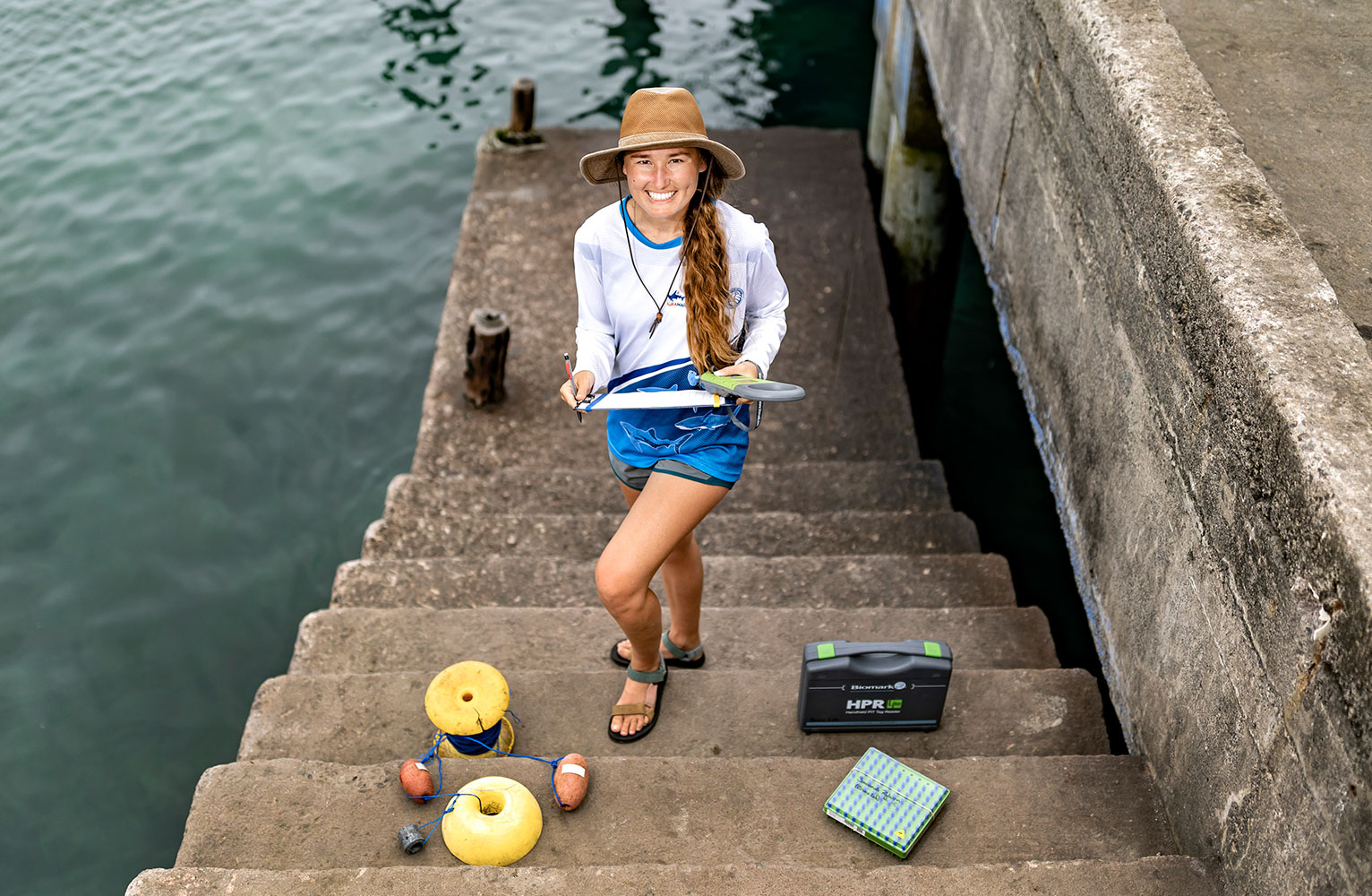
PhD student Savannah Ryburn has spent more than five years researching the diet of juvenile hammerhead sharks in the Galapagos Islands. (Photo by Johnny Andrews)
Thanks to the support of the Kenan Charitable Trust, more students will have opportunities to form the basis of their graduate and early career research, which they will bring to their future careers in research, government and industry; and the GSC will be equipped to continue tackling pressing issues and making a positive impact in the Galapagos and beyond.
“Over the past decade, the Galapagos Science Center has been thoughtfully growing, attracting more researchers and students from UNC-Chapel Hill and globally, impacting more community members at home and abroad,” said Kelly Weaver, director of external affairs and communications for the UNC Center for Galapagos Studies. “This grant from Kenan Charitable Trust not only equips the next generation of students and researchers with the experiences and ability to play a significant role in making our world a better place; it encourages others to consider supporting our center to create even broader impact.”
The UNC Center for Galapagos Studies is accepting applications for fellowships starting in fall of 2024 through May 3. For more information about the Kenan Galapagos Fellows Program and current research underway at the GSC, visit galapagos.unc.edu. Apply for the Kenan Galapagos Fellows Program at galapagos.unc.edu/kenan-galapagos-fellows-program.
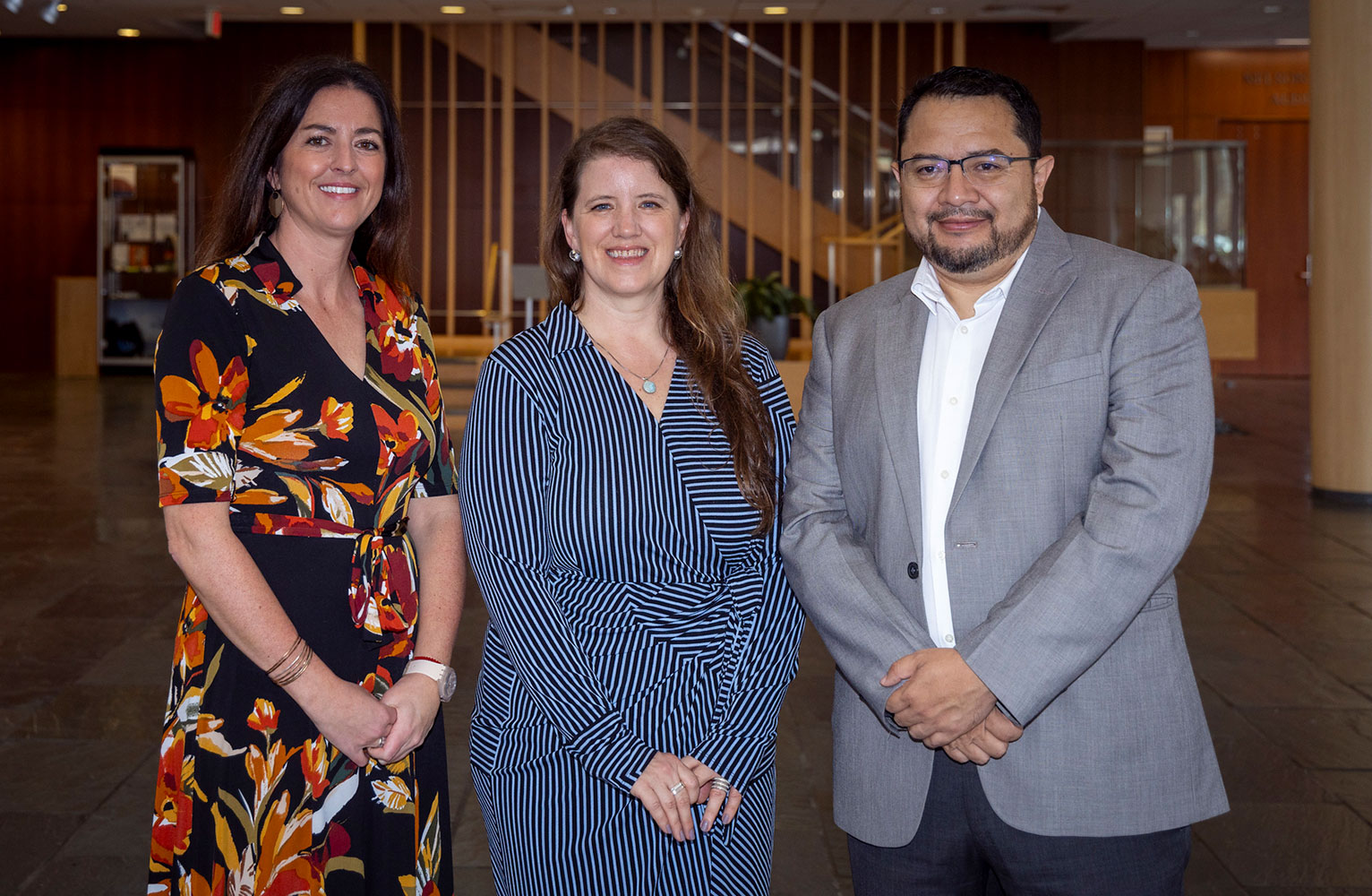
Kelly Weaver (left), director of external affairs and communications for the UNC Center for Galapagos Studies, with Amanda Thompson (center) and Carlos Mena (right), directors of the Galapagos Science Center. (Photo by Megan Mendenhall, UNC Research)
Related Stories






